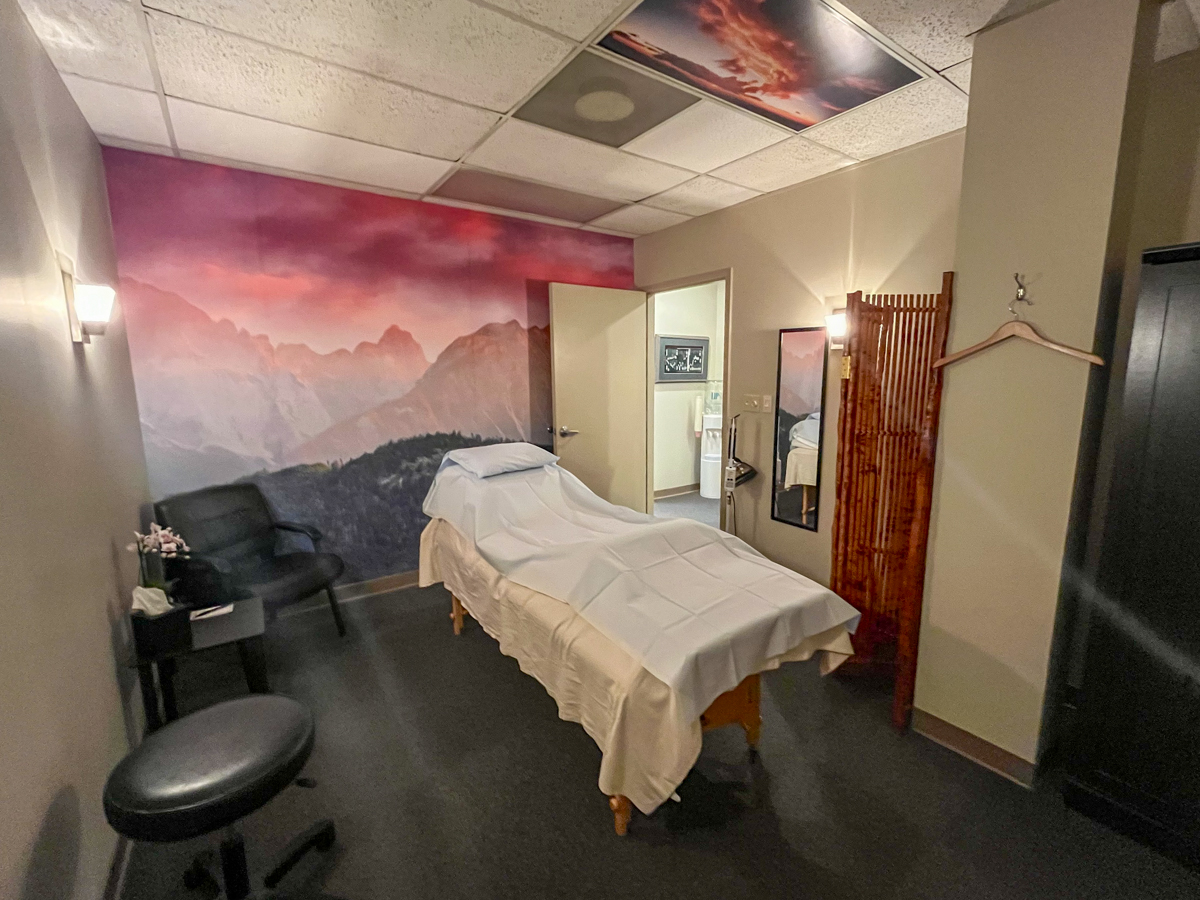Vertigo, a disorienting sensation of spinning or swaying, disrupts the daily lives of countless individuals. This unsettling condition can stem from various factors, ranging from inner ear issues to neurological disorders. Its impact on mobility, well-being, and quality of life necessitates effective interventions. Among the array of treatments, acupuncture emerges as a promising avenue for relief. With a legacy rooted in holistic healing, exploring acupuncture’s potential to address the multifaceted nature of vertigo has significant value.
Understanding Vertigo and Conventional Treatments
Vertigo’s origins are entangled in the intricate workings of the vestibular system, responsible for spatial orientation and balance. Conventional treatments vary from medications to vestibular rehabilitation therapy, all aiming to alleviate symptoms. If these approaches offer limited relief or entail undesirable side effects, exploring alternative therapies that support the body’s innate healing capacity may be necessary.
Acupuncture: A Holistic Approach to Vertigo Relief
Acupuncture, a practice bridging ancient wisdom and contemporary understanding, presents a holistic solution to vertigo. The effectiveness of acupuncture in treating vertigo lies in its ability to influence the body’s nervous system, particularly the central nervous system and the brain.
The gentle insertion of needles at specific acupuncture points triggers a cascade of responses, including the release of endorphins— the body’s natural pain-relieving compounds. These endorphins not only contribute to pain modulation but also induce a sense of relaxation and well-being, crucial for managing vertigo as stress and anxiety often exacerbate symptoms. Furthermore, acupuncture’s impact extends to neurotransmitters which play roles in mood regulation, emotional stability, and overall brain function. By modulating neurotransmitters, acupuncture can contribute to a balanced and harmonious neurological environment, alleviating the severity and frequency of vertigo episodes.
Scientific Evidence Supporting Acupuncture
Acupuncture’s therapeutic effects are rooted in neurochemical responses within the nervous system. The stimulation of acupuncture points initiates the release of endorphins, which bind to receptors in the brain, leading to pain attenuation and a sense of well-being. This process contributes significantly to the relief of vertigo symptoms such as dizziness and nausea.
Additionally, studies have shown that acupuncture can improve blood flow and oxygenation to specific areas of the body, including the inner ear, which is a crucial component of the vestibular system. Enhanced blood flow supports optimal function, potentially reducing vertigo episodes.
Benefits of Acupuncture for Vertigo Relief
Acupuncture offers a non-invasive, natural approach to vertigo relief and can be tailored to individual symptoms and needs. By restoring hormonal balance, enhancing blood circulation, and reducing inflammation, acupuncture helps alleviate vertigo symptoms and improve quality of life. It can complement conventional treatments, providing a multifaceted approach to managing and alleviating vertigo.
Conclusion
In the pursuit of regaining balance and stability, acupuncture offers hope for those battling vertigo. Its integration of ancient wisdom and contemporary understanding provides a powerful tool in managing vertigo, with benefits ranging from restoring equilibrium to enhancing blood circulation and reducing stress. If you are in Georgia and interested in using acupuncture to manage your vertigo symptoms, consider booking an appointment at Metro Acupuncture.
Our practice is located near many otolaryngologists’ and neurologists’ offices, Northside Hospital, Emory Saint Joseph’s Hospital, and the office of Dr. Gaye Cronin’s practice Vestibular Atlanta. We are easily accessible via GA State Route 400 and Interstate 285. You can book your initial acupuncture treatment today. We look forward to helping you experience a reduction in your vertigo symptoms.

How to become a Metro Acupuncture patient today.
We’re here to help you feel better.